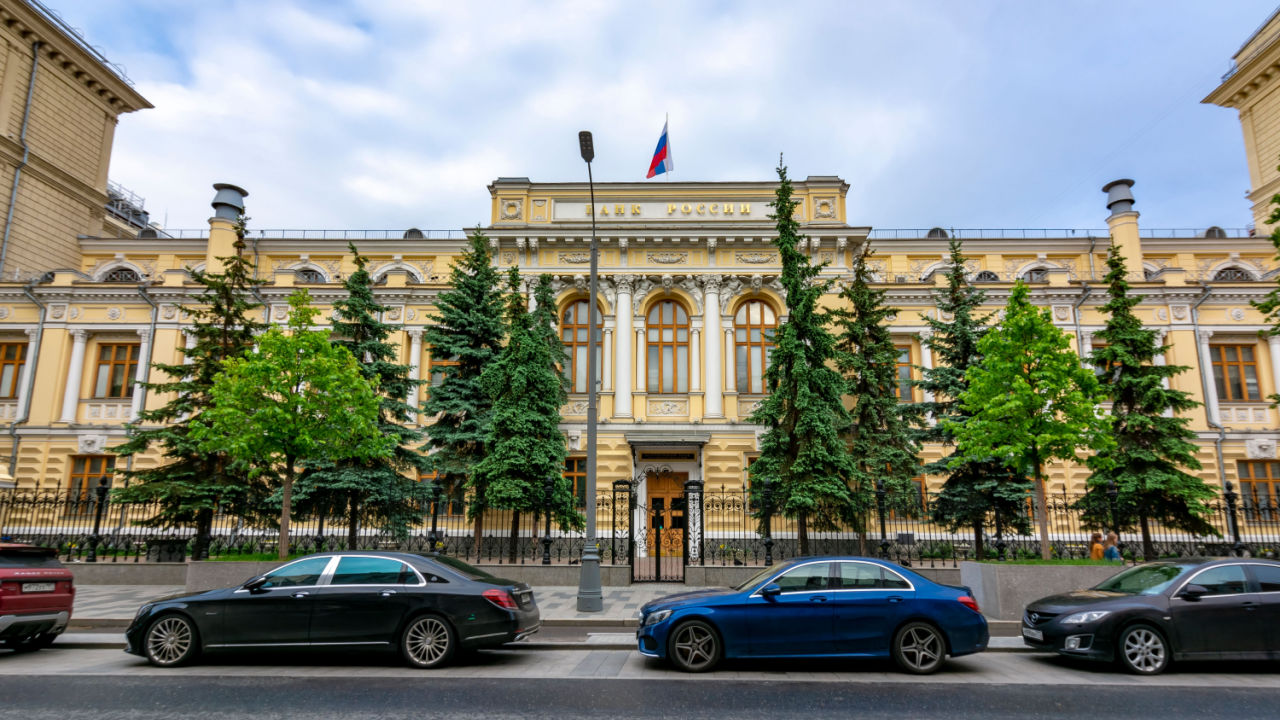
The Central Bank of Russia has added another operator to its register of authorized issuers of digital financial assets: the platform, called “Masterchain,” which legally tokenizes traditional assets and become the fifth “information system operator” in the country that can organize such transactions.
The number of licensed digital asset issuers in Russia increases to five
The Central Bank of Russia (CBR) has added Distributed Registry Systems, with its master chain platform, to its register of information system operators that can be used to issue digital financial assets (DFA), business news portal RBC reported.
Four other issuers have been registered so far. Atomyze, a tokenization service; Lighthouse, a fintech company; and Sberbank, the largest state-owned bank in the Russian Federation, and Alfa-Bank, a private bank.
Founded in April 2021, Distributed Registry Systems is an IT company specializing in developing blockchain-based solutions for the financial, transportation, and logistics industries. Several major Russian banks, the Moscow Stock Exchange, and the Association “Fintech” are among the founders.
Initially, the company plans to issue digital financial assets for the purpose of monetary claims rights, either in the form of bonds that are not linked to specific assets or as structured products linked to various assets, the press release detailed.
In the future, other types of DFAs will be launched on its platform. Earlier this month, Moscow Credit Bank, Russia’s largest private regional bank, announced that it had issued Russia’s first Chinese yuan-denominated digital bank guarantee using Masterchain.
DFA, a digital asset with an issuing entity, was regulated in Russia by the Law on Digital Financial Assets, which came into effect in January 2021.
In February of this year, the State Duma, the lower house of the Russian parliament, adopted on first reading a bill that would also allow financial platform operators to develop and manage blockchain platforms.
Russia has yet to regulate decentralized cryptocurrencies like Bitcoin. As Western sanctions, including financial regulations, are imposed over the invasion of Ukraine, there is growing support in Moscow for legalizing at least some crypto operations, including cross-border payments.
Image Credits: Shutterstock, Pixabay, Wiki Commons, Mistervlad / Shutterstock.com.














